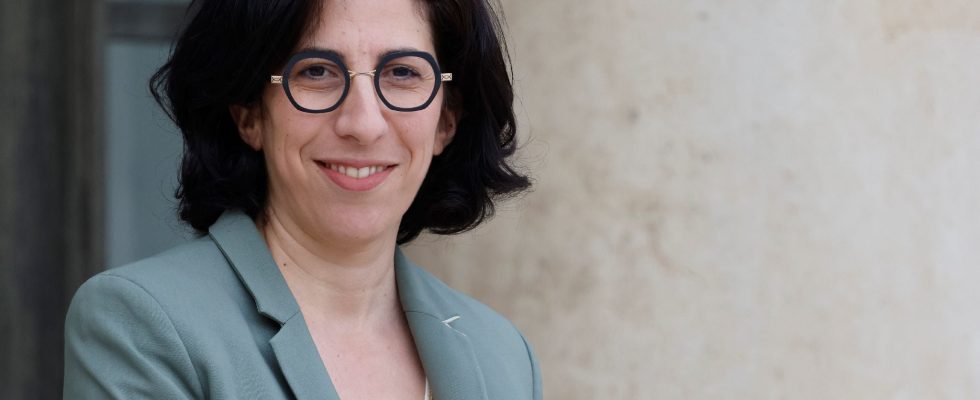Who will be the leaders of tomorrow’s cultural facilities? The question, seemingly simple, nevertheless carries its share of questions. Because, in addition to a vocations crisis suffered today by a large part of the places labeled by the Ministry of Culture (Frac, national scenes, smac, etc.), the profiles of those who hold the helm are far away to reflect the diversity of our society. Faced with this observation, the Minister of Culture Rima Abdul Malak, tenant of rue de Valois for a year and a half, is launching an ambitious training program for cultural management professions, focused on performing arts and the visual arts. , to “diversify the pool of cultural leadership”. On the menu, 300 hours of courses spread over eighteen months, half of which are face-to-face, not counting professional immersions in the field. This is what awaits, from September 2024, 101 young people aged 25 to 40, each from a different French department.
These young recruits, and this is the originality of the project, will not respond to a call for applications, but will be spotted locally by relays in the sector to “avoid that only those who have the codes respond and to seek out talent where they are.” Talents which, according to the minister, are often unaware of the opportunity to aspire to a position of responsibility when they do not come from the inner circle, when they live in a small village far from Paris or even when they are of a modest social level. : “We are looking for women and men who have the potential to love our institutions, to believe in their mission and to bring new life to them,” she emphasizes. To complete this system, the Ministry of Culture has chosen two partners, Sciences Po, which will provide common core training for 101 talents, and the association Les Détermés, which, with its strong roots in “remote” territories ” French, within priority neighborhoods and rural areas to be revitalized, will ensure the identification of young people and coordination between mentors – around a hundred current cultural leaders located throughout France who will offer participants personalized support, like Francesca Poloniato, director of the Scène nationale Le Zef, in Marseille, or Rémi Sabau, at the head of Nouveau relax in Chaumont, in Haute-Marne.
“The structuring of the La Relève program does not depend on the director of Sciences Po,” the Minister of Culture told the journalists present, while the director of the institution, Mathias Vicherat, was taken into police custody with his wife last night for domestic violence. He was initially scheduled to be present at this press conference and was replaced at the last minute by Laurence Bertrand Dorléac, art historian and president of the National Political Science Foundation. “The course offered to the 101 selected will be demanding. They will benefit from comprehensive training in cultural professions – establishment management, artistic direction, programming, production, etc. The objective is to train new recruits in eighteen months cultural governance of tomorrow”, she declared. Moussa Camara, the president of Les Détermés, for his part, insisted on the crucial importance of supporting the beneficiaries of the system upstream of the training itself – which will be put in place next spring – to “help them to gain self-confidence, strengthen their skills and clarify their professional project.
How much will the La Relève program cost? Rima Abdul Malak announces a budget of 1 million euros. “For the moment,” she specifies, “because each case will be taken into account and will, for example, add to this figure the care of those who come from far away.” Finally, note that this is a certified training course. “Whether or not they take the helm of a cultural establishment in the future, the Sciences Po labeled certification will be a plus on the participants’ CVs,” the minister finally pointed out.
